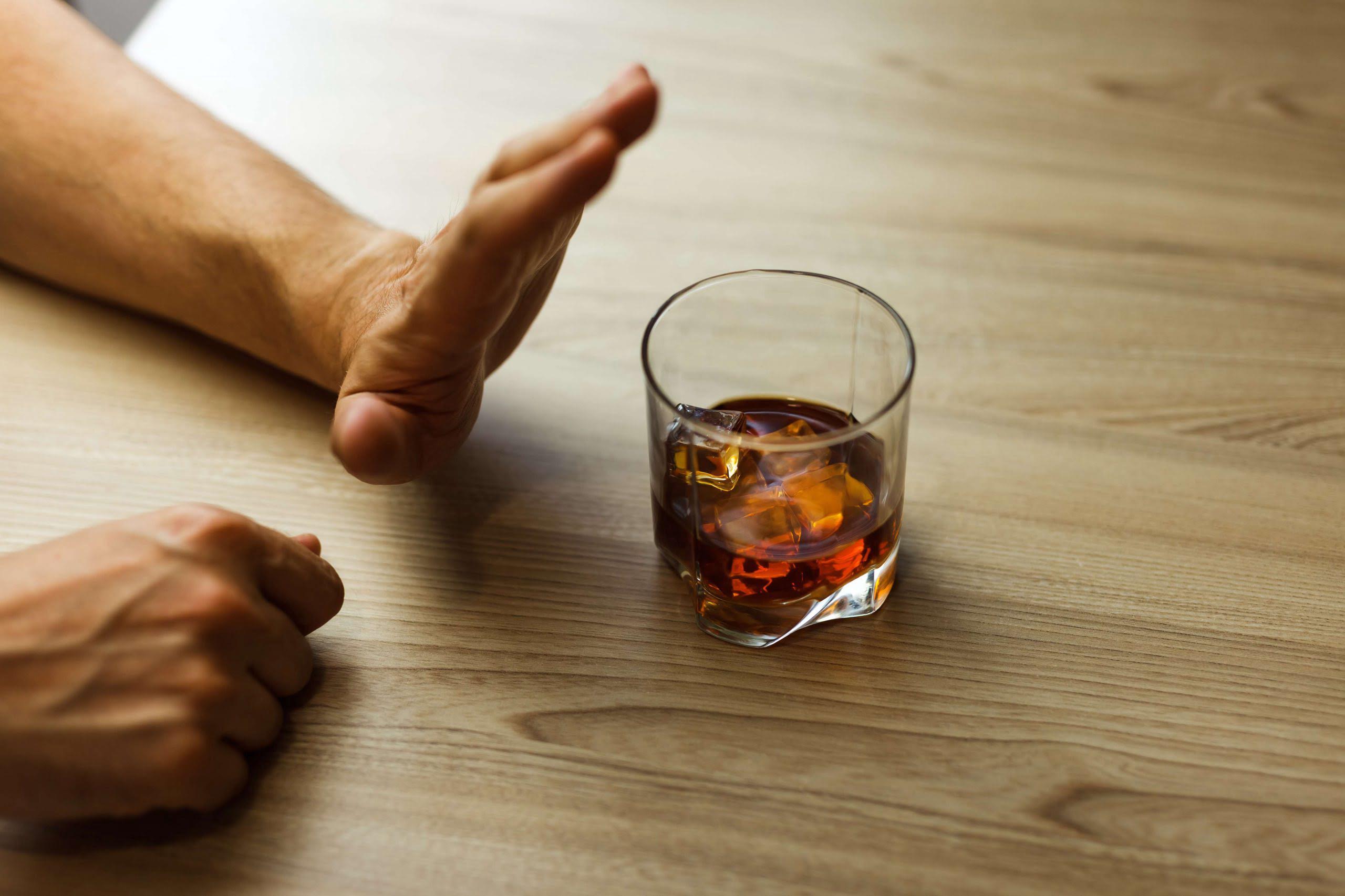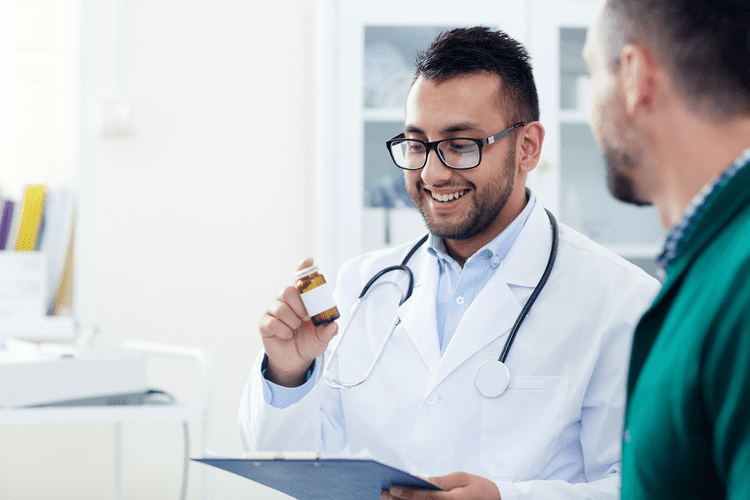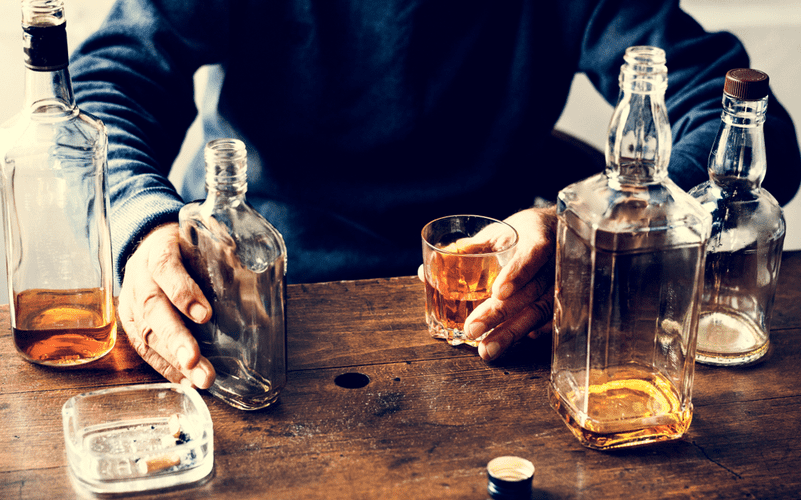How to Treat Heroin Dependence Promises Behavioral Health
In response he developed an effective way to help the body flush out these toxic residues. Before beginning this Withdrawal Step, however, each person receives an assessment by a medical doctor to determine if they need the support of a medical detox to protect their health. If they are referred to a medical detox facility, they will begin the Narconon Withdrawal Step as soon as their medical detox is complete. Another system of replacing illicit opioids is the administration of methadone, a synthetic opioid.
Preventing overdose death and finding treatment options are the first steps to recovery. Treatment may save a life and can help people struggling with opioid use disorder get their lives back on track by allowing them to counteract addiction’s powerful effects on their brain and behavior. The overall goal of treatment is to help people regain their health and social function. Addiction treatment is available at Kentucky drug rehab centers throughout the state.
Drugs, Brains, and Behavior: The Science of Addiction
There are a range of evidence-based treatments for heroin addiction that can be effective for people with various physical health and mental health needs. A relapse prevention plan is a crucial element of aftercare, providing a roadmap for maintaining sobriety and avoiding triggers that could lead to relapse. Developing a comprehensive relapse prevention plan helps individuals identify potential risks and equips them with the tools to manage these challenges effectively. Mindfulness and meditation are powerful tools in the recovery process, helping individuals manage stress, reduce cravings, and increase self-awareness. These practices encourage a non-judgmental awareness of the present moment, which can be particularly beneficial for those recovering from heroin addiction. Withdrawal symptoms are the worst between the second and third day and then gradually get better.
- If someone continually misuses heroin, they may develop an opioid use disorder (OUD).
- With professional support, heroin addiction is treatable with detox, medication, and behavioral treatments.
- If they are referred to a medical detox facility, they will begin the Narconon Withdrawal Step as soon as their medical detox is complete.
Behavioral health care
Because addiction can affect so many aspects of a person’s life, treatment should address the needs of the whole person to be successful. Counselors may select from a menu of services that meet the specific medical, mental, social, occupational, family, and legal needs of their patients to help in their recovery. Both morphine and 6-MAM are μ-opioid agonists that bind to receptors present throughout the brain, spinal cord, and gut of all mammals. The μ-opioid receptor also binds endogenous opioid peptides such as β-endorphin, leu-enkephalin, and met-enkephalin.
These resources help individuals continue their recovery journey post-treatment. These therapies aid in addressing the challenges and triggers that sustain harmful substance use, teaching individuals recovery skills. However, the effectiveness of combination treatments of CBT with pharmacotherapy requires further study to optimize treatment strategies. Seeking non-opioid medications or treatments to relieve pain can offer effective pain relief without the risk of addiction. Additionally, this approach can significantly reduce the risk of developing an addiction.
Medications for opioid use disorder
- Its flat rate fee structure allows a person to stay as long as necessary to finish the program without additional fees.
- People addicted to heroin may find themselves in financial or legal trouble from their efforts to obtain the drug.
- Studies have shown that buprenorphine improves recovery success and reduces heroin use, making it an effective option for those struggling with addiction.
- They provide a safe space to share experiences, struggles, and successes with others who understand the challenges of addiction.
Outpatient treatment programs are most suitable for people who are sober, medically stable, or who are otherwise unable to begin an inpatient program due to lack of flexibility or cost. For people who are physically dependent on heroin, the first step in the treatment process will require detoxification. Support groups provide a sense of community, shared understanding, and ongoing encouragement, helping individuals stay motivated, accountable, and connected during their recovery journey.

Isaiah House Recovery Center provides inpatient treatment for people facing drug or alcohol abuse issues near Bardstown, KY. It’s highly addictive how to get help for heroin addiction due to its impact on the brain’s dopamine levels, leading to intense craving and dependence. Treatment for OUDs often involves a combination of mental health services and medications. Healthcare experts may also refer to heroin misuse as a substance use disorder (SUD).
Preparing for long-term success involves implementing relapse prevention strategies and aftercare. Relapse Prevention is a cognitive behavioral therapy strategy that is critical in heroin addiction recovery aftercare. These strategies include therapy, skill development, and a phased approach that addresses emotional, mental, and physical relapse stages. It is a necessary step to safely and effectively remove the drug from the body and begin the healing process.
What Is a Partial Hospitalization Program: A Guide
They provide a safe space to share experiences, struggles, and successes with others who understand the challenges of addiction. Being part of a support group can help individuals stay motivated and focused on long-term recovery. PHP is best for individuals who need structured support but don’t require 24/7 inpatient care, such as those transitioning from inpatient treatment or those with moderate addiction symptoms. Group therapy provides a supportive environment where individuals can share their experiences, challenges, and successes with others in recovery. Led by a trained therapist, group sessions help people develop communication skills, build a strong support network, and learn from others who are going through similar struggles. Studies show that group therapy can significantly improve recovery outcomes by fostering a sense of community and accountability.

Heroin Detoxification

Confronting heroin addiction requires a solid understanding of effective treatment options for heroin. This article delves into various methodologies, from medication-assisted therapy to behavioral counseling, providing a roadmap for recovery from this challenging dependency. Talk to your doctor or visit FindTreatment.gov if you can’t quit using heroin on your own. Medication and other substance use treatments can help ease drug cravings and withdrawal symptoms that come with ongoing heroin use.
Generally patients are advised to enter a partial hospitalization program (PHP), then intensive outpatient treatment (IOP), and finally standard outpatient (OP). Aftercare alcoholism is often combined with outpatient treatment and alumni support groups. The first and most crucial step to addiction recovery is having the desire to quit using drugs. While some people can do it independently, most success stories stem from receiving professional help. If detox is physically impossible to endure, further treatment will be less effective. To enhance the safety of detox, it’s best the person is medically supervised.
Treatment of Substance Use Disorders
It rapidly affects your brain’s https://ecosoberhouse.com/ reward system, creating intense euphoria and strong cravings. Repeated use quickly increases your tolerance and dependence, making it difficult to stop without help. Heroin addiction often requires medical detox and long-term treatment to manage withdrawal and prevent relapse. Look for evidence-based treatments like cognitive behavioral therapy (CBT), motivational interviewing (MI), or trauma-focused care. Effective treatment for heroin addiction often includes medications that help reduce withdrawal symptoms and long-term cravings. Several medications can be used to make the process safer and more tolerable.
